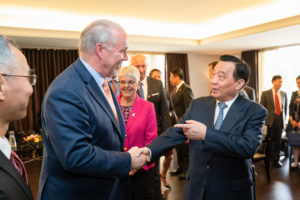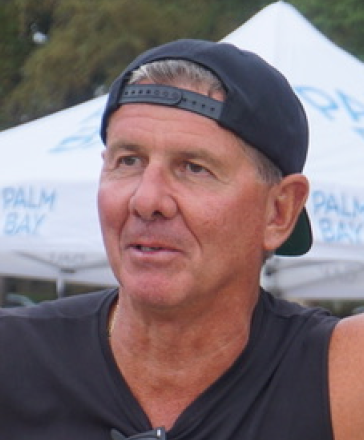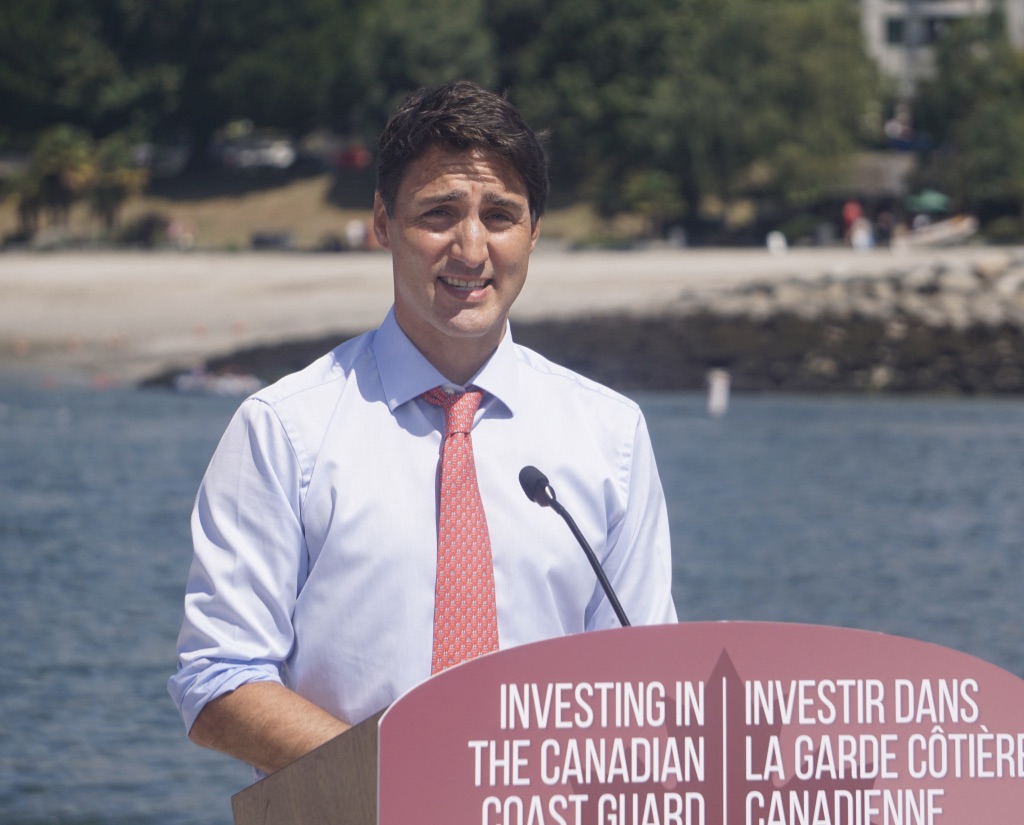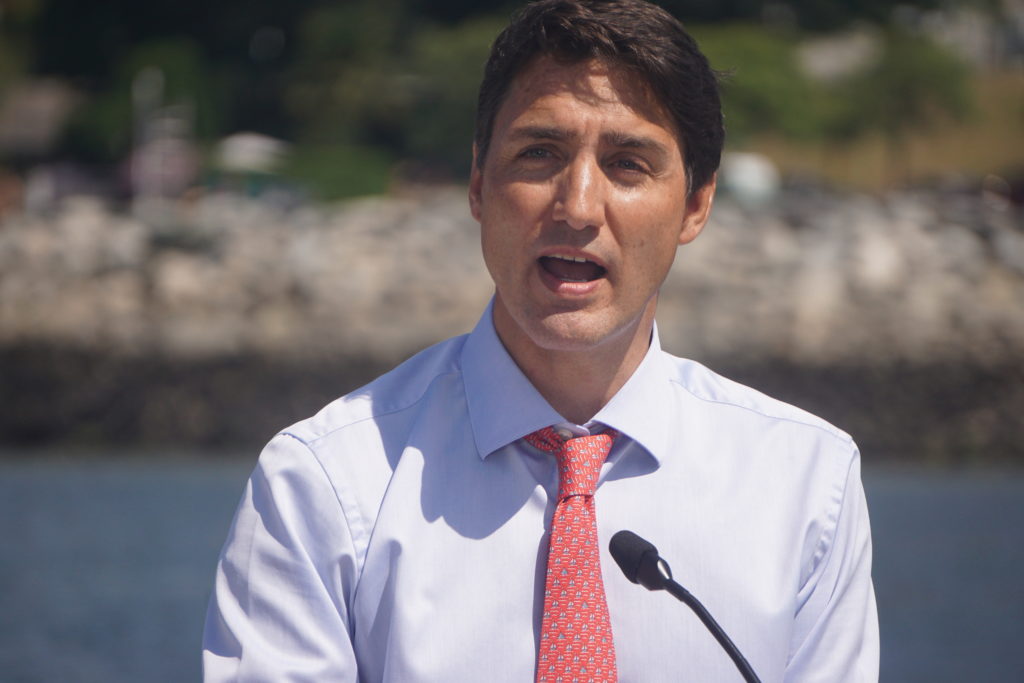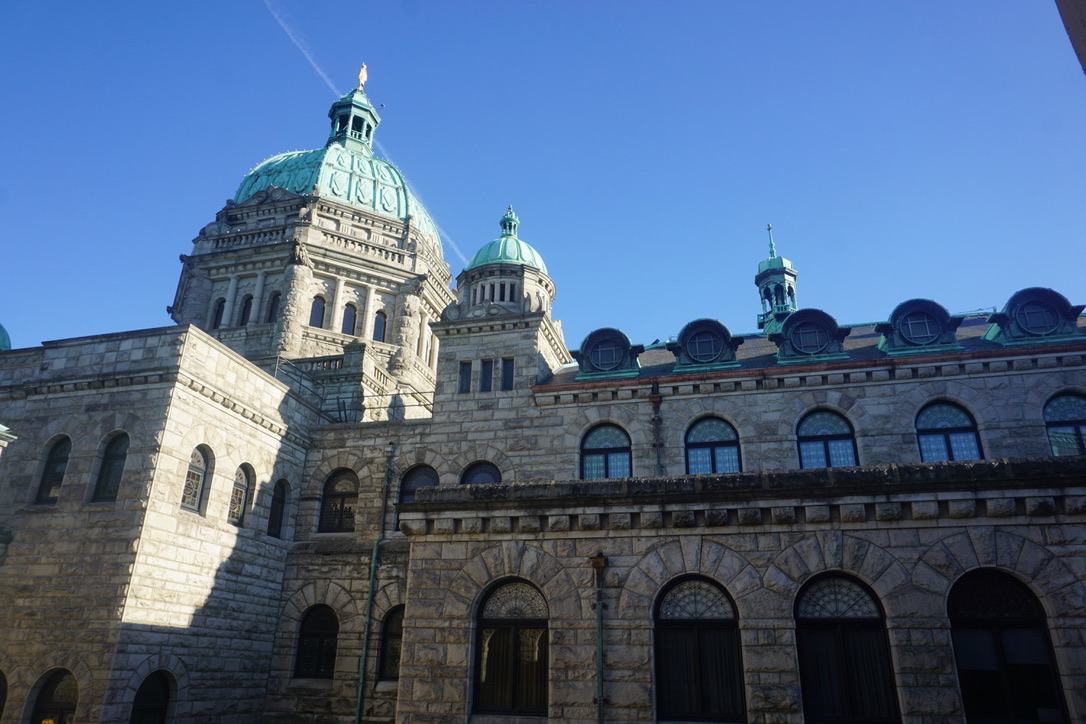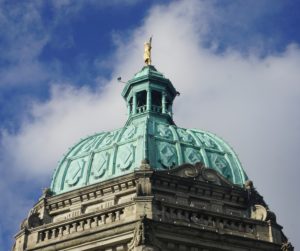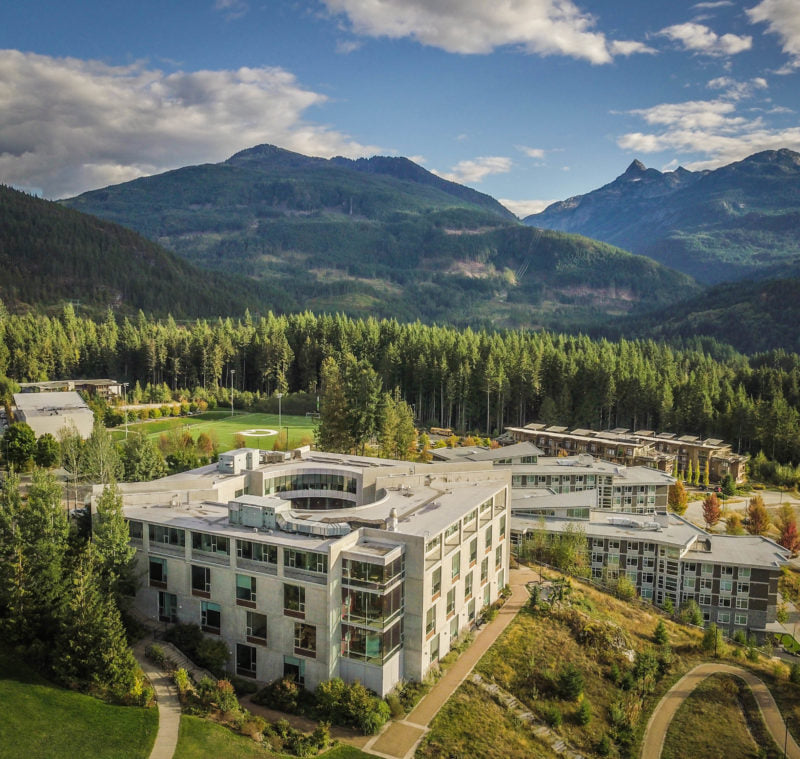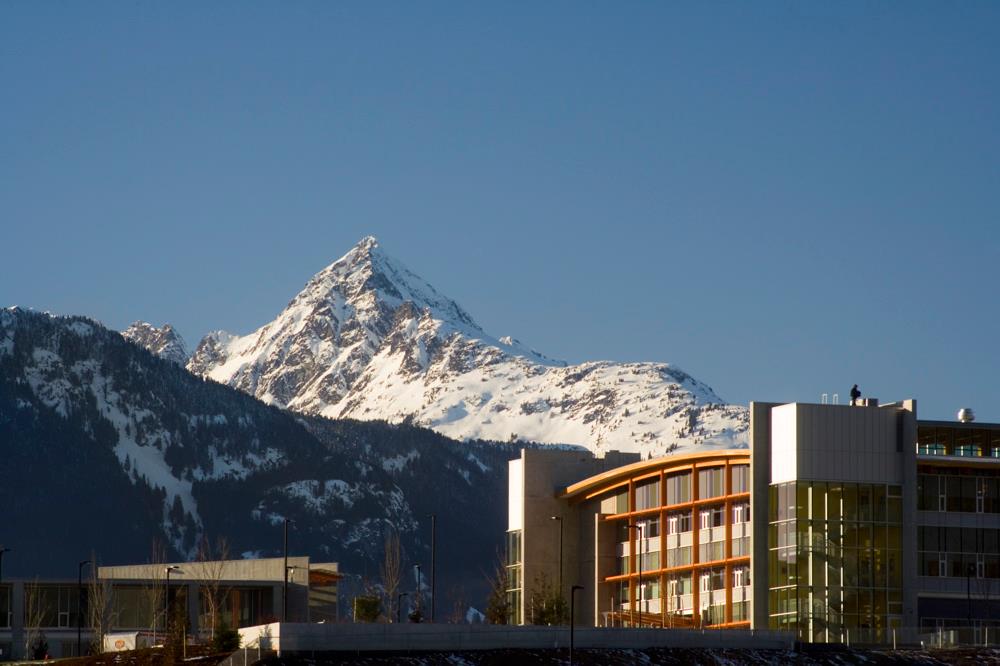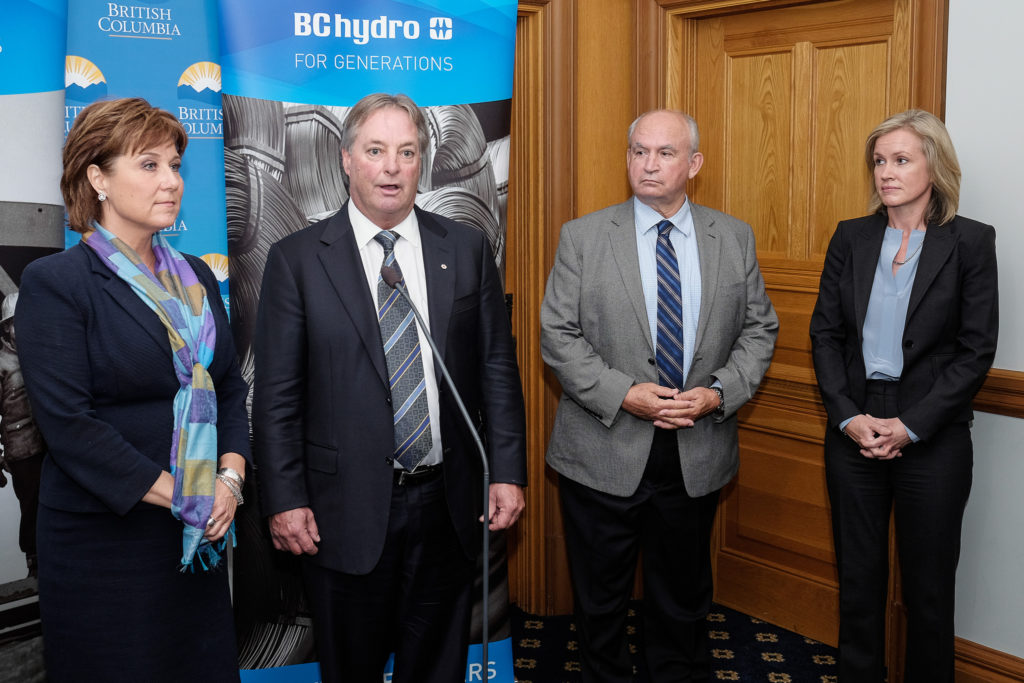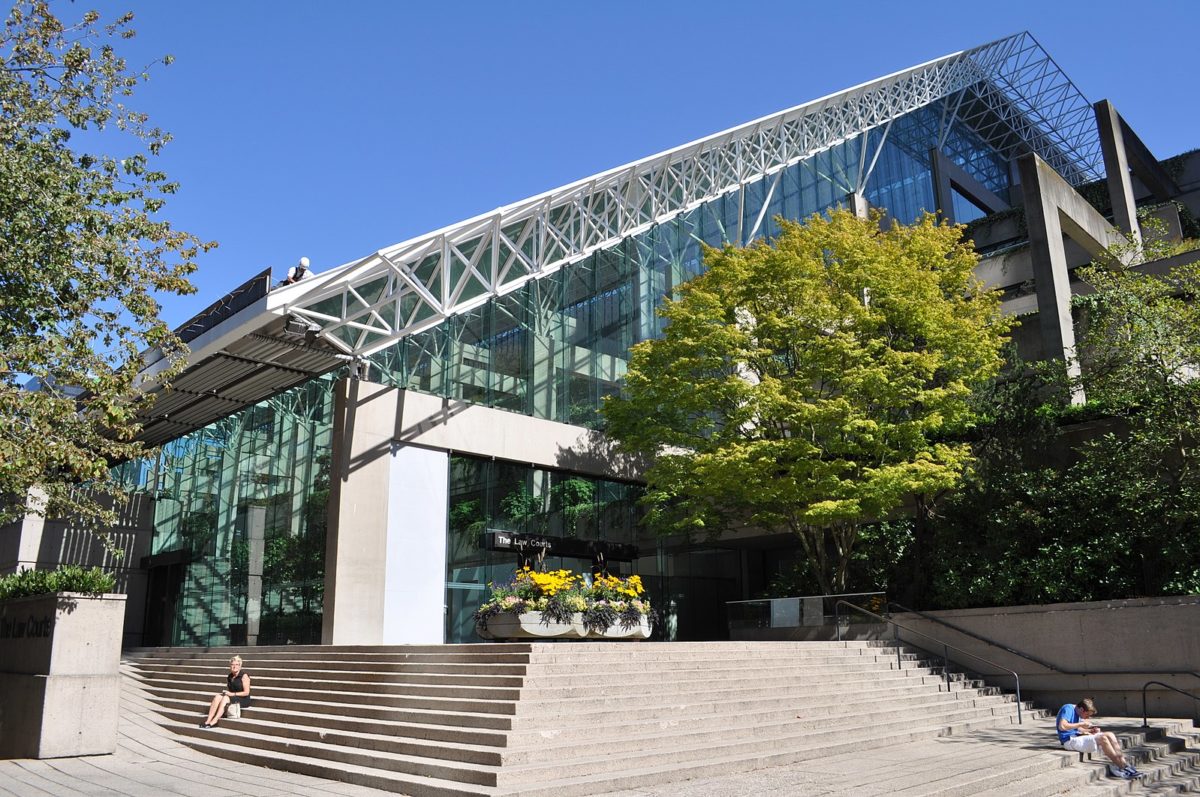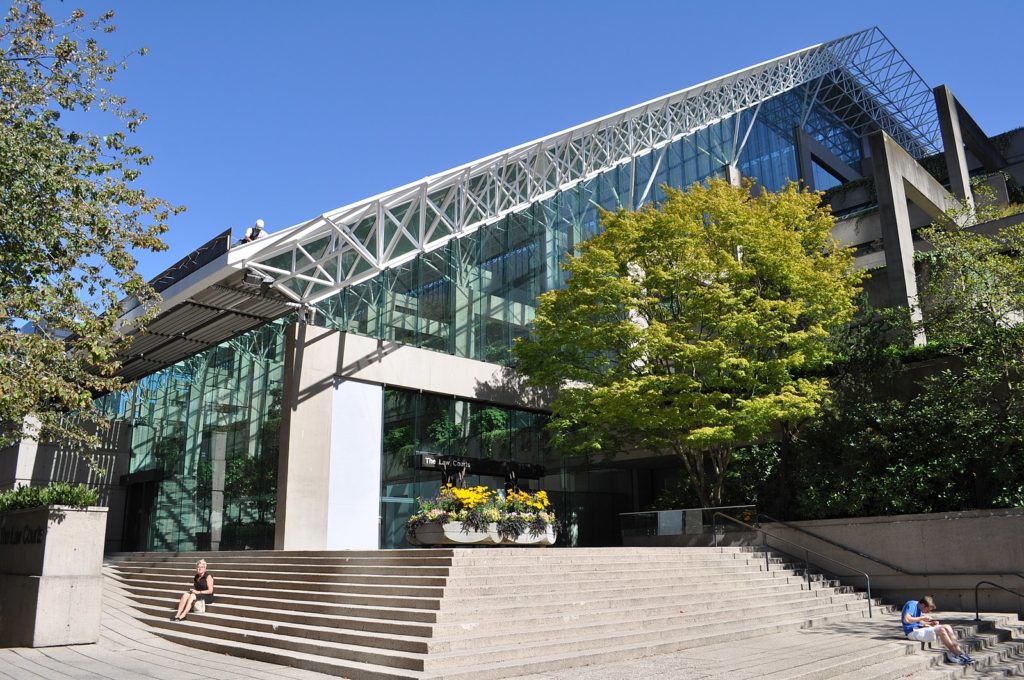Judge dismisses challenge to city hall’s secretive Senakw services deal
Bob Mackin
The Kits Point Residents Association (KPRA) is pondering whether to appeal the B.C. Supreme Court’s Sept. 29 dismissal of its challenge to Vancouver city hall’s agreement for servicing the Squamish Nation’s Senakw towers.
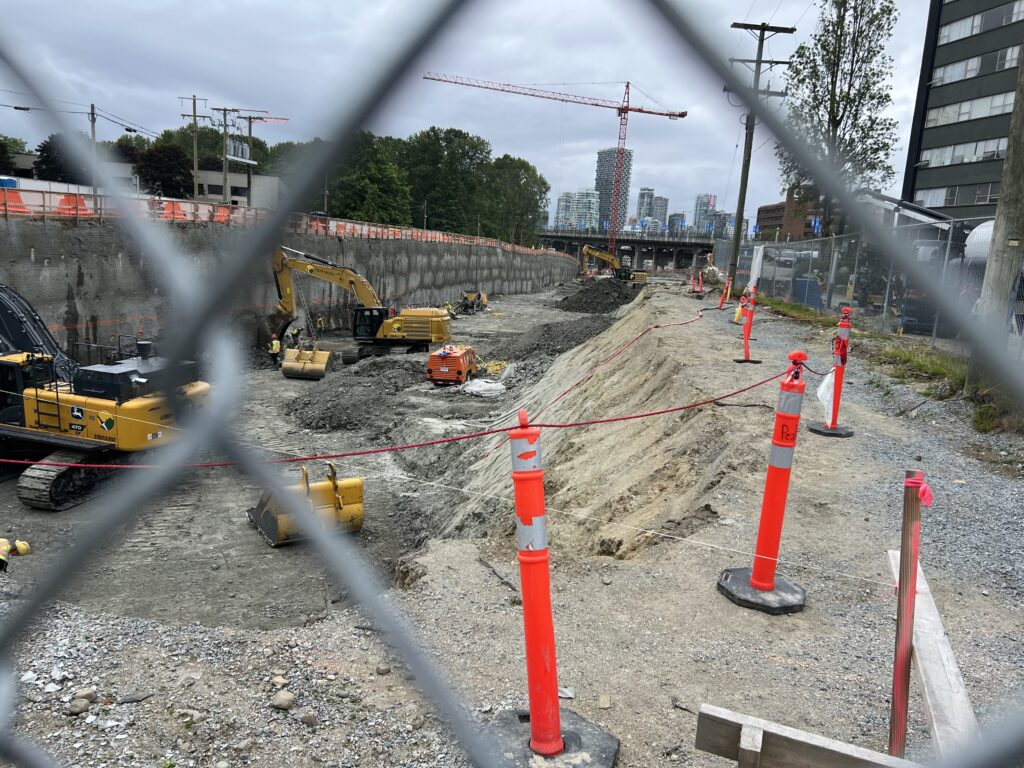
Section of Lanier Park excavated for Senakw towers (Mackin)
“Clearly we are disappointed with the result,” said KPRA president Eve Munro by email. “We are in the process of reviewing the decision and considering our options. In view of this I am not able to offer any further comment at this time.”
Justice Carla Forth’s 73-page written verdict, given to the parties the day before the National Day for Truth and Reconciliation, said city council was justified in holding meetings in private and not consulting the public about the commercial agreement with the landowner.
KPRA wanted a judge to quash the services agreement due to its secrecy, but Forth concluded the 120-year pact was valid, the city acted within the law and that no civic official acted in bad faith.
“As such, the process used was not unreasonable nor arbitrary,” Forth wrote.
Forth presided over hearings from April 18-21 about the city’s only role in the development on 10.5 acres of irregularly shaped Squamish Nation reserve land beside and under the Burrard Bridge. The Squamish Nation’s Nch’kay Development company is partnered with Westbank Development under the umbrella of Nch’kay West to build 11 towers in four phases. Phase one is expected to be ready for occupancy in November 2025. The federally approved project is slated to contain 6,000 residential units by 2030.
In July 2021, city council passed a resolution behind closed doors to authorize and execute a services agreement. The agreement was signed in public by Mayor Kennedy Stewart and Squamish Nation council chair Dustin Rivers, aka Khelsilem, on May 25, 2022, but not published until just before B.C. Day weekend. Forth noted that he Squamish Nation originally wanted the agreement to remain confidential, but the city insisted it be disclosed.
Staff considered whether there should be any type of consultation, concluding that to do so would imply the city had regulatory control over the nation’s land use decision.
KPRA argued in court that the city should have used its ability to refuse services as a bargaining tool to exert control over the density and composition. Forth said the law is clear that municipalities are not required to consult the public prior to entering a commercial agreement and the city was correct to not regulate or influence an Indigenous government’s development.
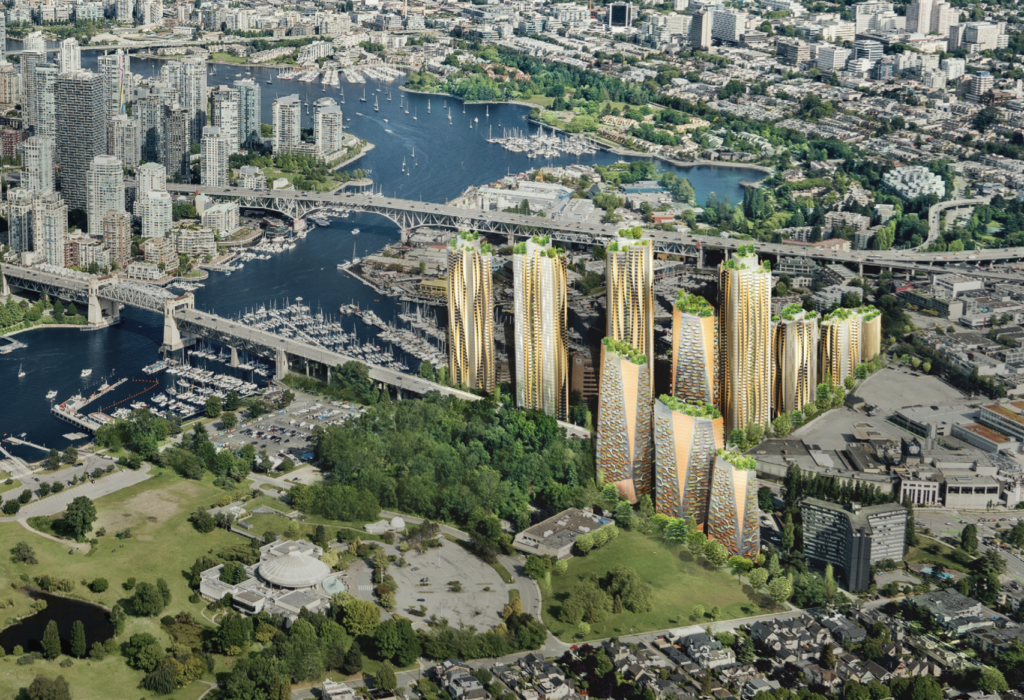
Senakw (Westbank/Nch’kay)
“The decision made by the city that it would not use the negotiation of the services agreement as a means to force the nation to change the density of the development was based on the city’s view of whether this was an appropriate strategy in all of the circumstances,” Forth wrote. “After fully considering the issues, the city concluded it was not.”
Forth noted that the city decided in 2014 to become a “City of Reconciliation” and that policy should shape its negotiations over Senakw. While the Vancouver Charter contains clauses about when meetings must be open, Forth found that it was appropriate to hold a July 2021 meeting behind closed doors because the agreement was still under negotiation and publicity could have disadvantaged the city’s bargaining position.
“The petitioners submit that the 2021 report ought to have been considered in an open council meeting. A review of that report supports that it contains sensitive information about land rights issues, issues relating to the Bridge and the competing claims to the land on which it stands, the use of Vanier Park, and the confidentiality of the terms of the services agreement,” Forth wrote.
As the losing party, KPRA is liable to pay the city’s costs. But Forth acknowledged going to court was a last resort for the frustrated petitioners. They had legitimate concerns about the impacts of Senakw, given the size, scale and unprecedented nature of the development and its traffic and transportation ramifications.
“They were provided with no public forum to bring forward their concerns and have them heard. In my view, although the city was successful in defending this petition, it should consider whether costs should be pursued,” Forth concluded.
At the groundbreaking ceremony in September 2022, Prime Minister Justin Trudeau announced a $1.4 billion loan through Canada Mortgage and Housing Corporation to finance half the units in Senakw’s first two phases.
A 2019 expert report for Squamish Nation members estimated the project could bring as much as $12.7 billion cashflow for the band and developer.
Support theBreaker.news for as low as $2 a month on Patreon. Find out how. Click here.
Bob Mackin The Kits Point Residents Association (KPRA)








